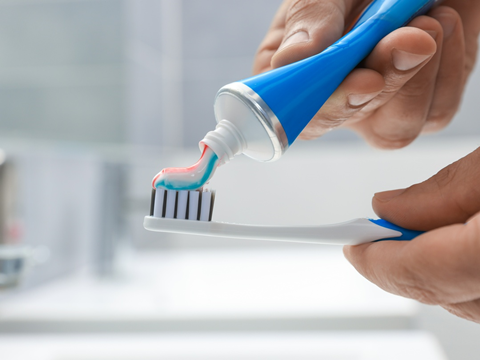
In the US, Stina Inc.’s Tube Recycling Project has announced that it has reached a ‘critical design milestone’ regarding the recycling of HDPE plastic squeeze tubes, and is sharing its findings on their recyclability via a new website.
Stina Inc. began a US-focused Tubes Recycling Project in 2015 with a group of stakeholders, looking to understand the barriers and work toward solutions to recycling plastic squeeze tubes, and a complementary project in Europe launched in 2020.
The company says a key challenge early on was that some tubes were known to have design challenges to overcome (such as toothpaste tubes with aluminium barrier layers), while the compatibility of other tubes was unknown and needed more research.
Producers and stakeholders across the plastic recycling value chain collaborated to understand the recyclers’ perspective and coordinated to achieve design for recycling.
Stacey Luddy, COO of Stina Inc., said: “The data shows 90 percent of toothpaste tubes and over 75 percent of all HDPE plastic squeeze tubes on the US market today have designs compatible with a valuable recycling stream, the colour HDPE bottle stream.”
The start of the project aimed to determine if recyclers could recycle plastic squeeze tubes with an existing commodity stream. The Projects have collected and shared information with reclaimers and industry on generation, market share, compatibility, and sortability to show compatibility throughout the recycling process.
Brands and tube manufacturers assessed the packaging design for recyclability requirements by the Association of Plastic Recyclers and RecyClass; they were able to balance the design drivers and make ‘significant progress’ towards tubes designed for recycling.
Stina Inc. recently launched the PlasticTubeRecycling.org website to illustrate the key elements of recyclability for plastic squeeze tubes as a packaging format and outline the recyclability progress to date.
Companies funding the project include Albéa, Berry Global, Colgate-Palmolive, Estée Lauder, Haleon and Huhtamaki.
In January, Pringles announced its 90% paper tube made of recycled paper, replacing the steel base of the previous design with a paper alternative. The tube was made available in Tesco stores and online, with around 48 million expected to be sold in the first year.
The same month, Hoffmann Neopac launched its new LowPro Flip-Top Caps, reported to reduce material use and apply to the company’s renewable, biobased, and recyclable EcoDesign tubes in pharmaceutical, beauty, and oral care applications. The food-grade caps come in polypropylene, polyethylene, and up to 40% recycled polyethylene versions.
If you liked this story, you might also enjoy:
How are the top brands progressing on packaging sustainability?
The ultimate guide to global plastic sustainability regulation














No comments yet